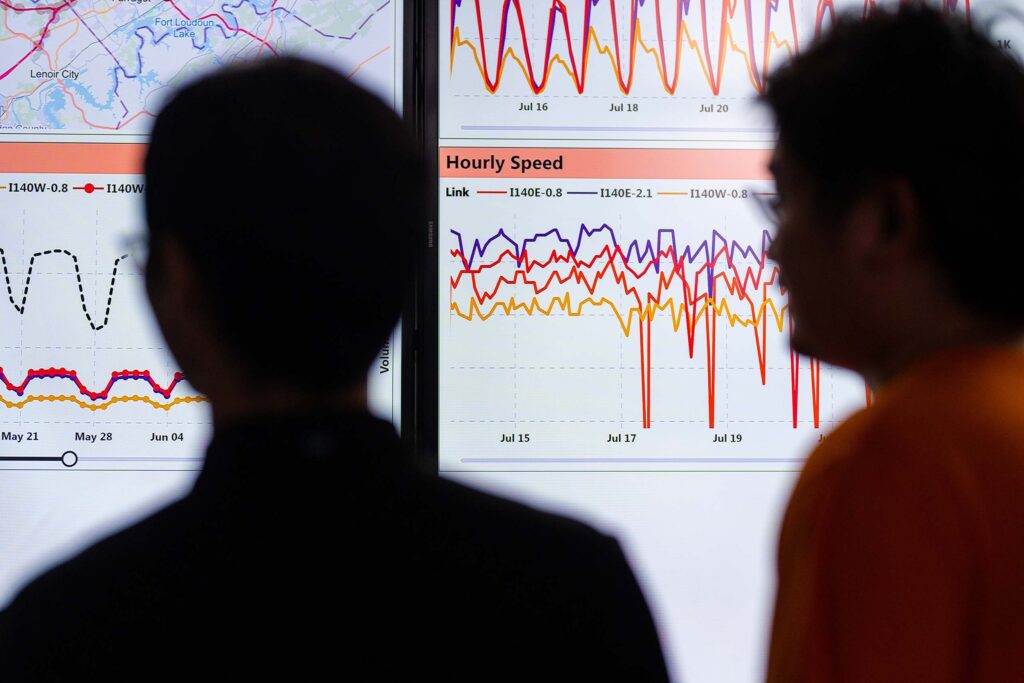Digitization
Improving vehicle connectivity and computation to make mobility safer and more efficient
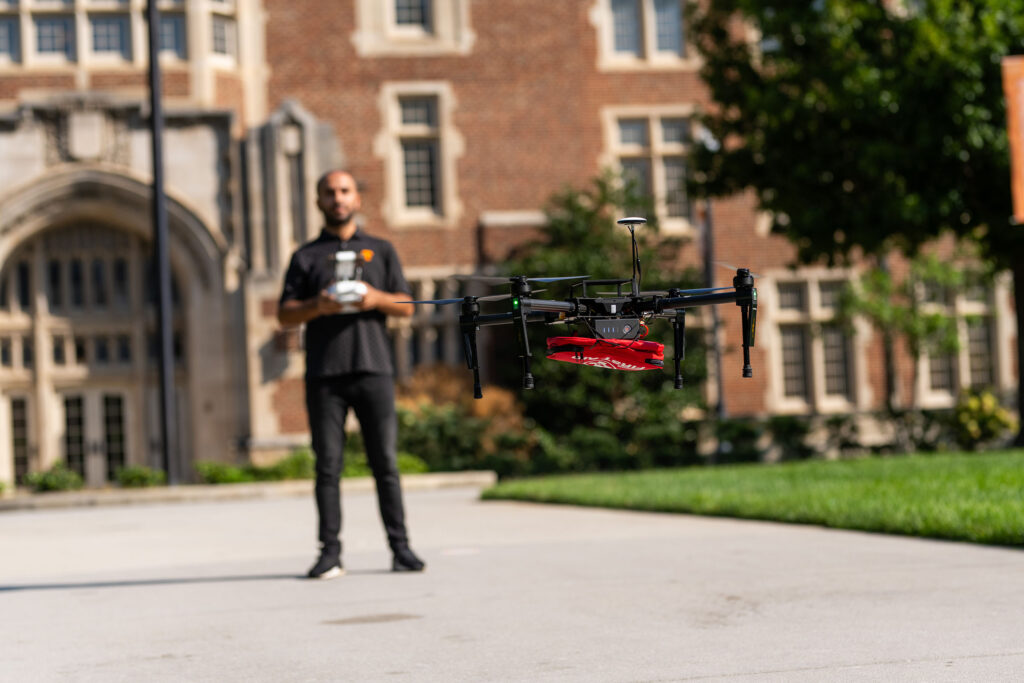
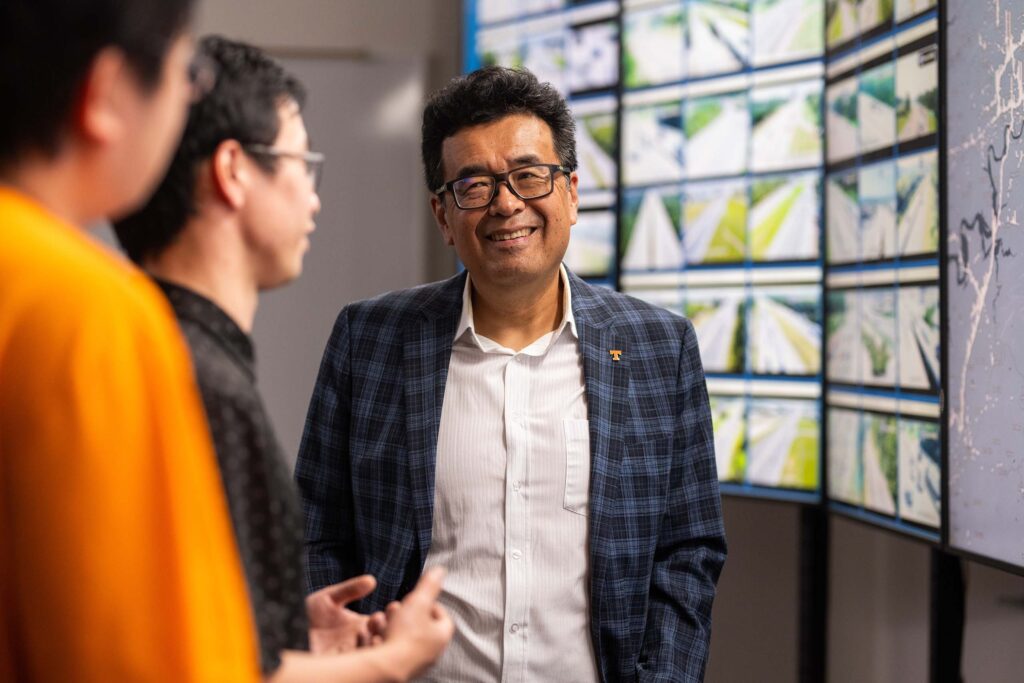
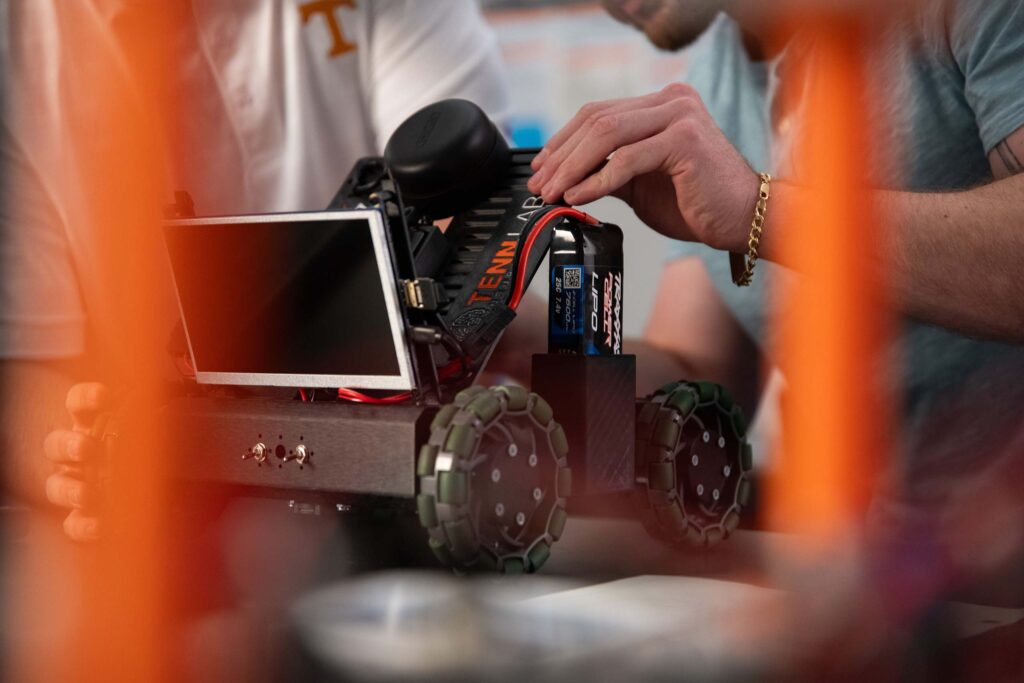
Today’s vehicles produce large amounts of data via cameras, sensors, GPS, and other technologies. Future generations will produce even more by communicating with more of the world around them, including nearby vehicles, upcoming traffic signals, pedestrian walkways, and even charging stations along their routes.
Our digitization research focuses on connectivity and computation technologies that will enable future vehicles to generate, analyze, and act on the right data—rapidly, reliably, and safely.
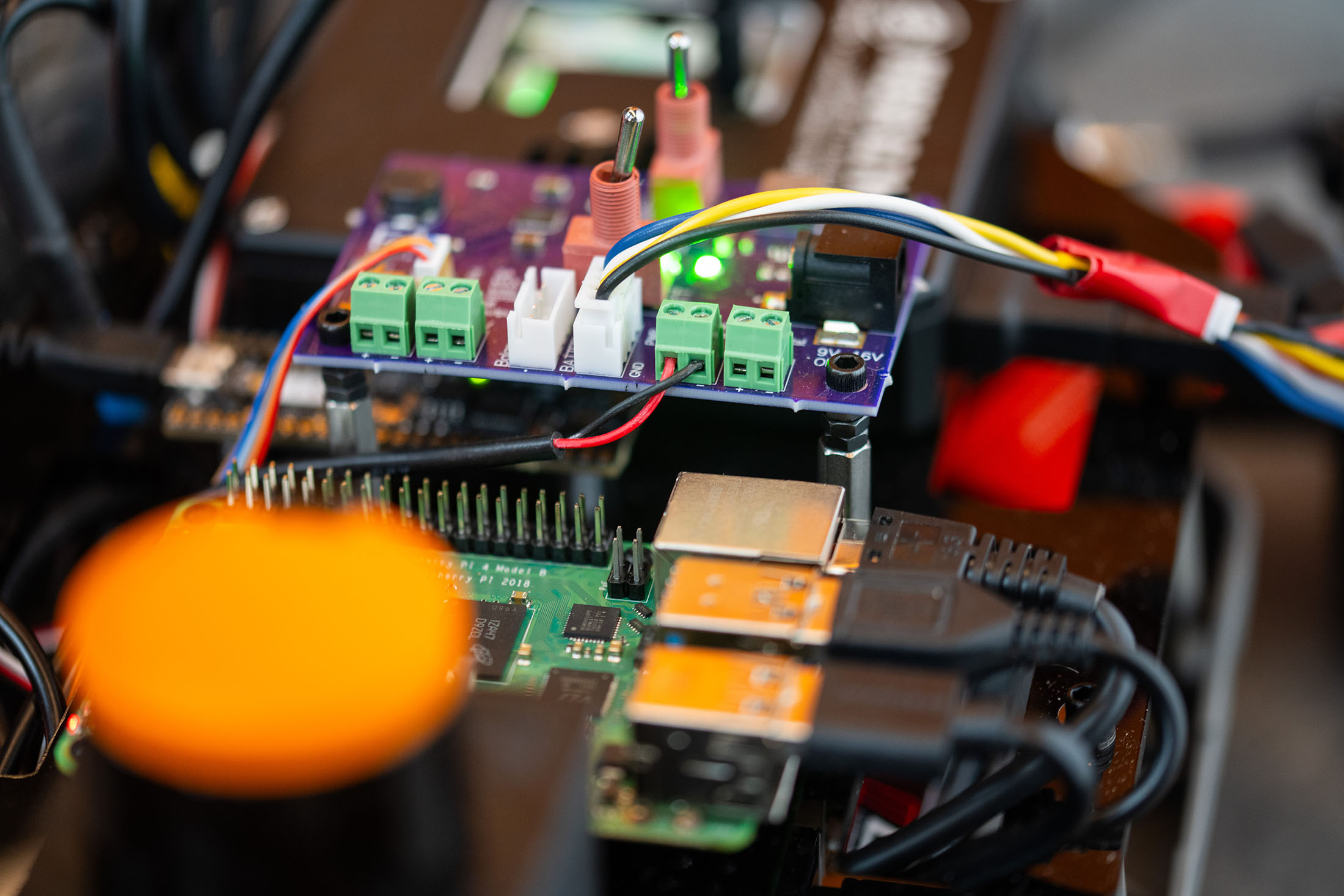
UT’s Approach
Vehicle connectivity and computing capacity are linked: the more data that comes in, the more computing power is needed to translate it into guidance for both driver and vehicle decision-making. Research in each area supports advancement in the other.
Ultimately, our work in digitization serves this vision: connected automated vehicles observing the world through sensors and cameras, sharing real-time information with one another, communicating with smart infrastructure that optimizes the flow of traffic and pedestrians, and taking effective actions based on data.
In this vision, everything functions as one giant network optimized for safety and efficiency—the two primary drivers behind our digitization research. Through this work, vehicle performance improves, traffic jams become a problem of the past, and human beings in and around vehicles are safer.
Building this vision in real life requires layers of cross-disciplinary collaboration: experts in 5G+ wireless communication technology, machine learning, and cybersecurity build on one another’s work. Mechanical engineers partner with computer vision experts and rely on traffic accident data analyzed by civil engineers.
Collaboration includes public, private, and industry partners to ensure that our research targets real industry challenges. We forge partnerships that will spark economic opportunities for Tennessee by attracting new R&D investments and preparing the state’s workforce to design, manufacture, and maintain new mobility technologies.
Highlights
Developing a Cognitive Digital Twin for Freight
Freight transportation is a backbone of the US economy—and a significant contributor to greenhouse gas emissions. Xueping Li and an interdisciplinary multi-institutional team have been awarded funding from the US Department of Energy to launch a first-of-its-kind national-scale undertaking to address freight’s impact on climate change—and the impact of climate change on this vital sector.
AT&T 5G Lab Dedicated on Campus
Our faculty and students use this state-of-the-art 5G wireless testbed to research cutting-edge possibilities for connected mobility. This lab is ideal for research topics including near real-time decision-making and control of vehicles, traffic monitoring, network optimization, and secure 5G communications for transportation systems.
UT is one of only six universities in the United States to advance research initiatives in collaboration with AT&T.
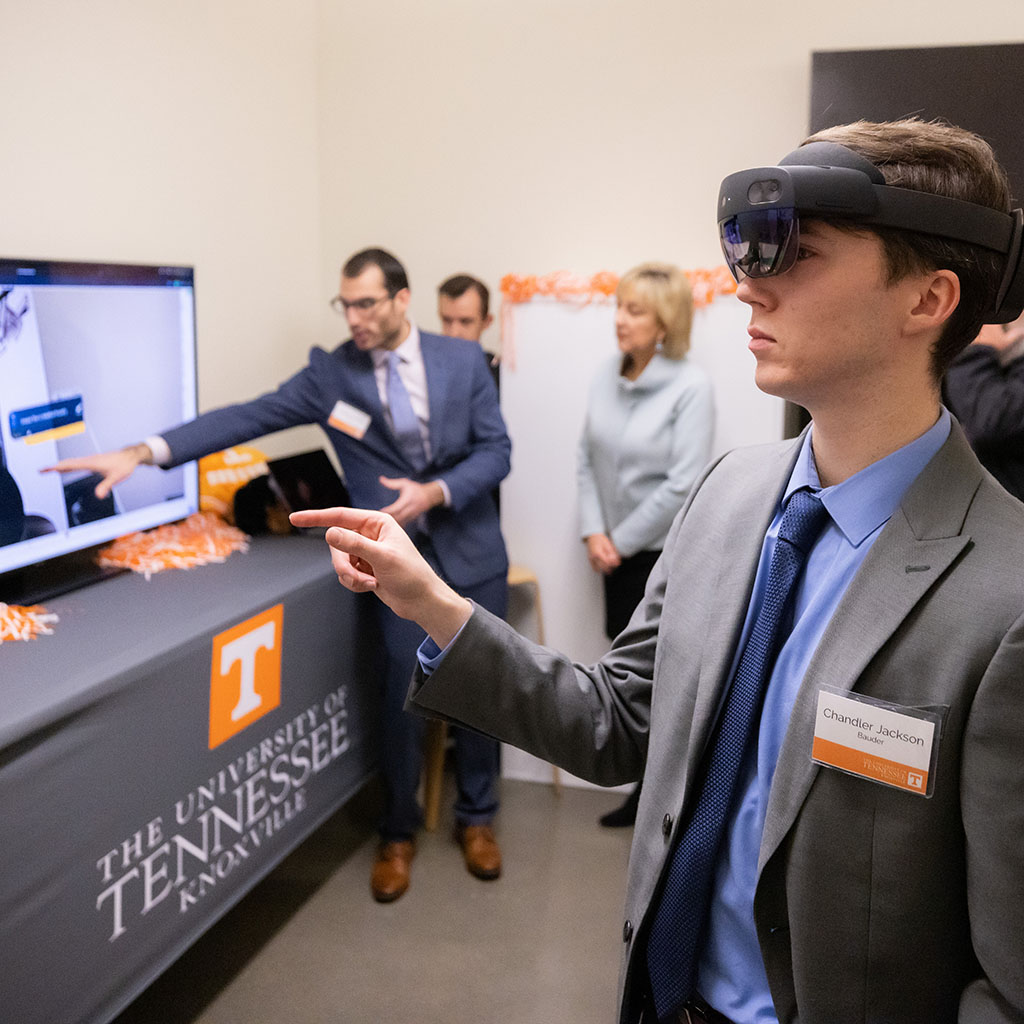
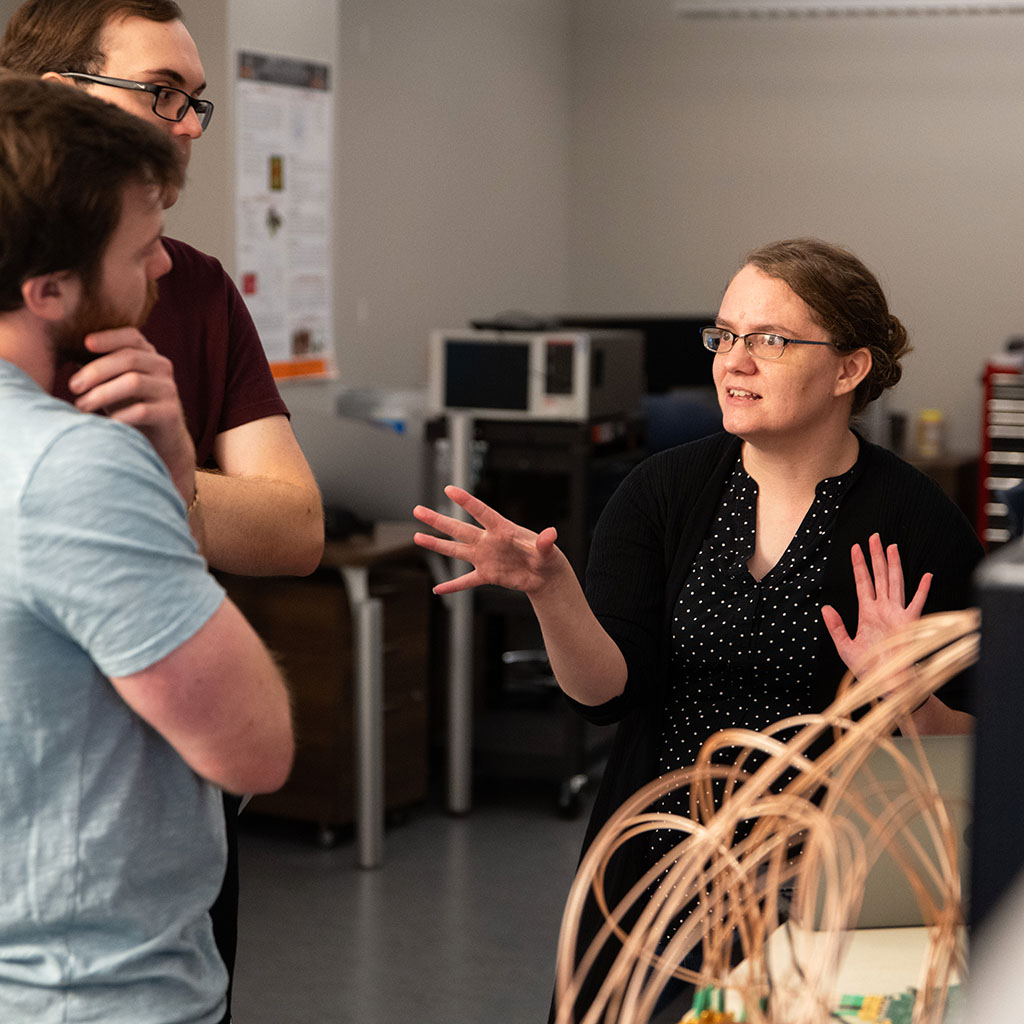
Data, Data Everywhere
Assistant Professor Catherine Schuman works alongside Professors James Plank and Garrett Rose to improve the speed and efficiency of data computing. Her work in neuromorphic computing has immense implications for vehicles’ abilities to analyze data in real time.
CAV Technology for the Future
Gonzalez Professor Hairong Qi introduces UT students to the future of connected automated vehicles and the need for ever-improving computer vision technologies. One way she has done this is by advising the UT EcoCAR team.
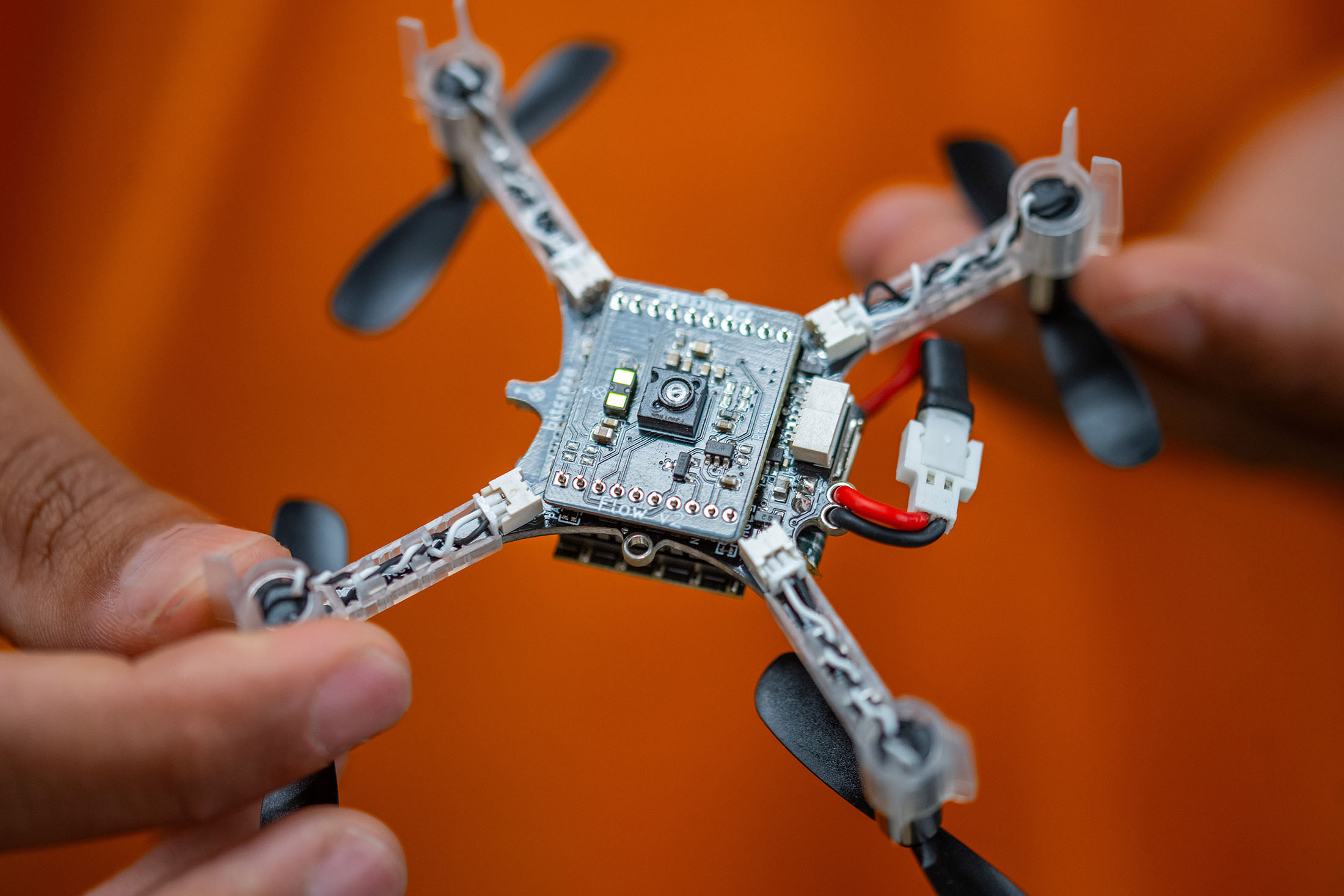
Our Researchers
-
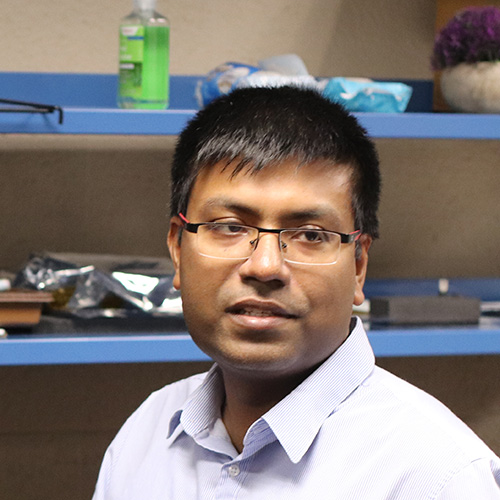
Associate Professor, Mechanical, Aerospace & Biomedical Engineering
Coordination of connected autonomous vehicles, signal phase and timing optimization using machine learning
-
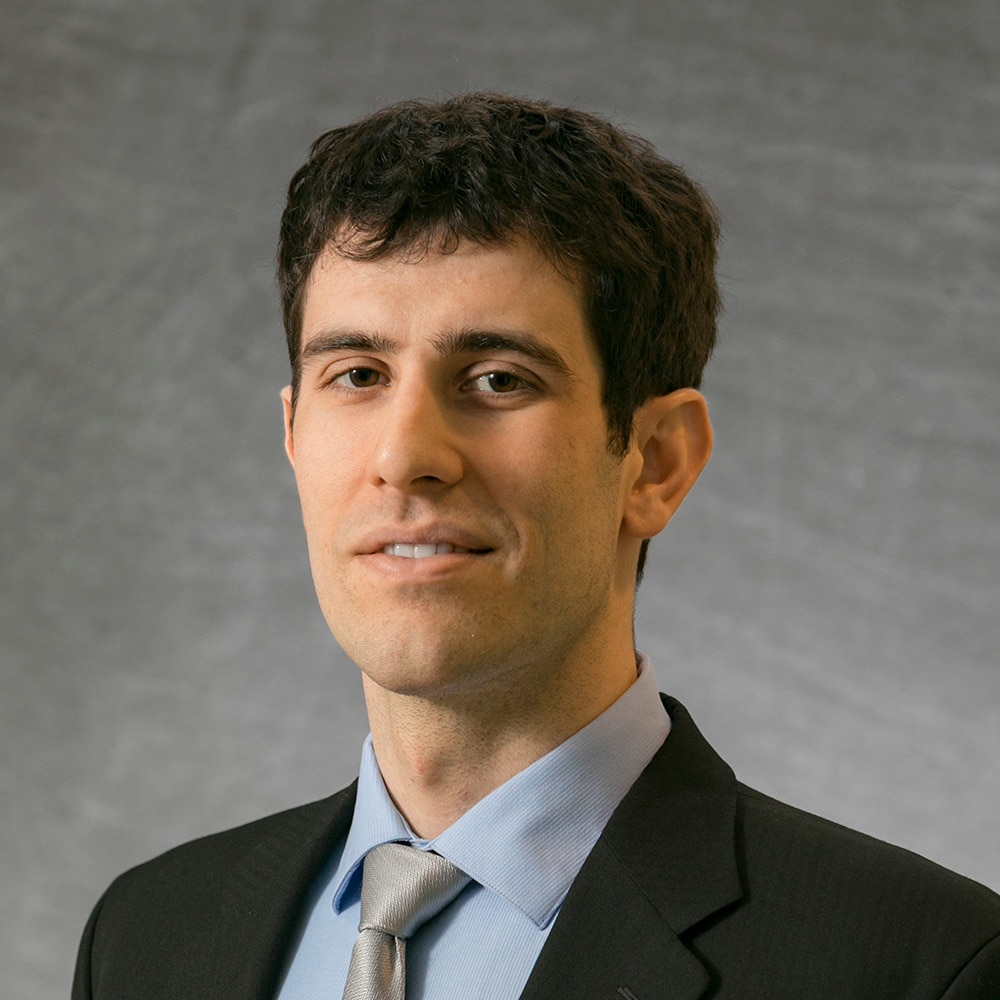
Associate Professor, Electrical Engineering & Computer Sciences
Power electronics for electric vehicles
-

Professor, Electrical Engineering & Computer Science
Electrical energy storage, batteries, lightweight materials
-

Director of Center for Transportation Research, Professor, Civil & Environmental Engineering
Future transportation concepts (electrified connected automated transportation), transportation operations (freeway, transit, and integrated corridor management), and cybersecurity (transportation and critical infrastructure)
-

Associate Professor, Electrical Engineering & Computer Science
Virtual machines, operating systems, compilers, program optimization, performance and power efficiency
-
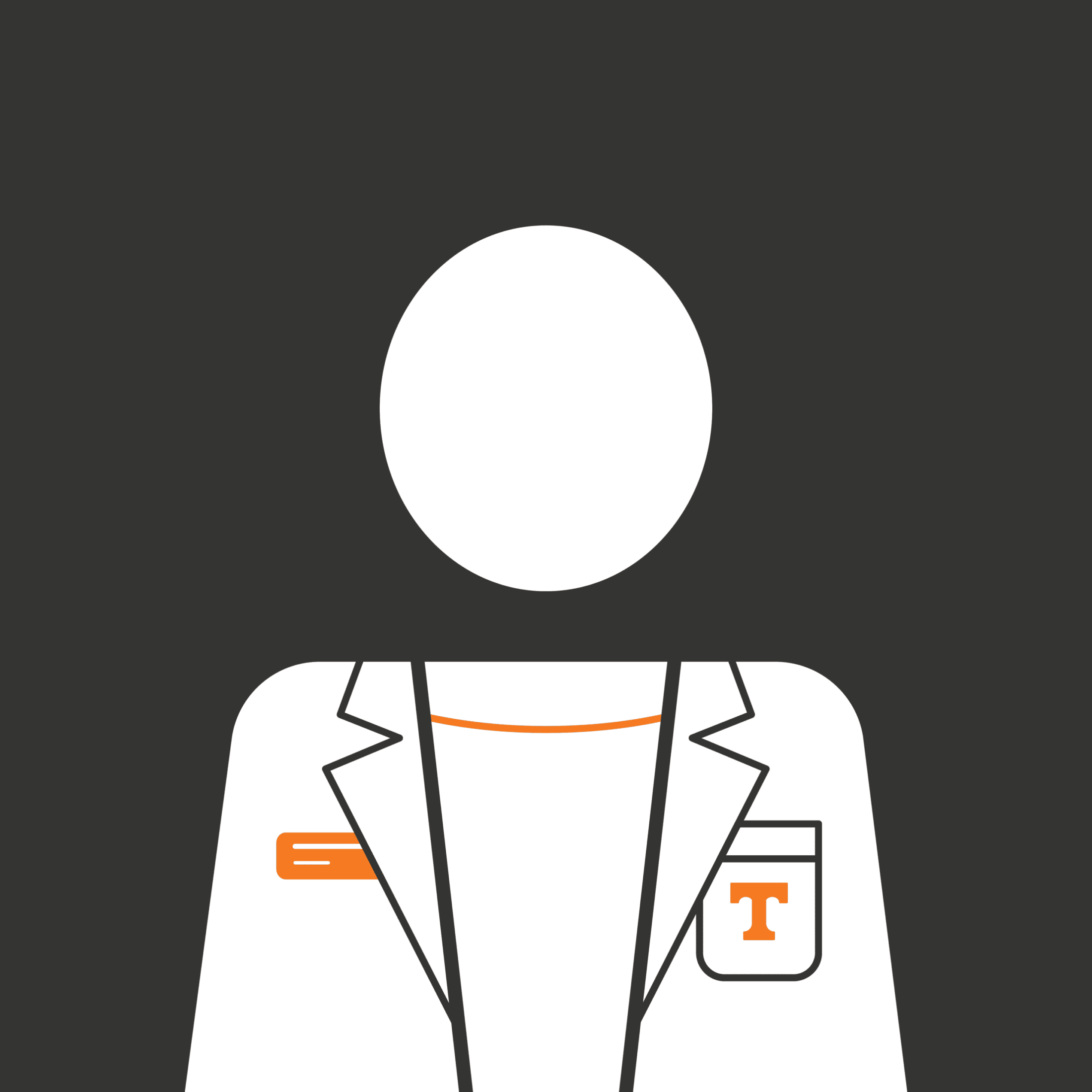
Beaman Distinguished Professor, Civil & Environmental Engineering
Intelligent transportation technologies, transportation safety, sustainable transportation
-
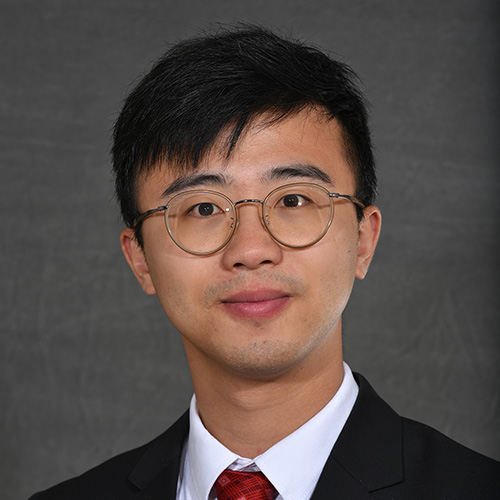
Assistant Professor, Civil & Environmental Engineering
AI-enabled, human-centric, and digital twin-based cyber-physical systems to transform the paradigms in construction, manufacturing, infrastructure system operation, community and city management
-

Assistant Professor, Electrical Engineering & Computer Science
Intelligent transportation systems, robotics, machine learning (reinforcement learning), multi-agent simulation/systems, smart city, socio-technical systems
-
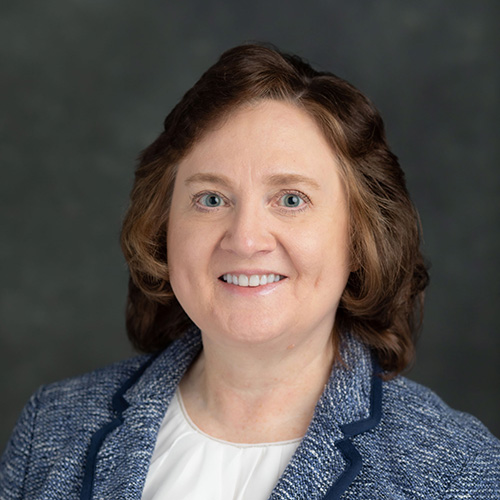
Associate Vice Chancellor, Director of AI Tennessee Initiative
Sensor networks, machine learning, distributed mobile robotics, human-robot interaction, distributed intelligence
-
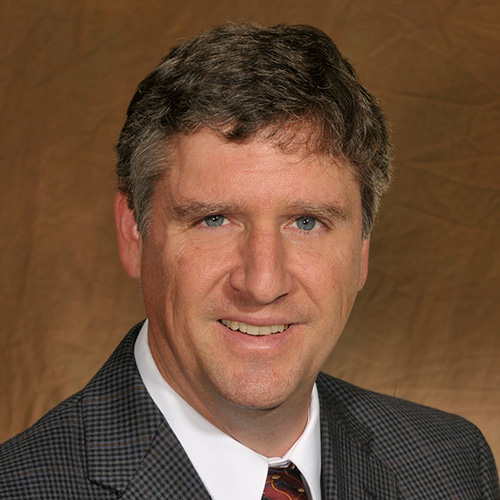
Professor, Electrical Engineering & Computer Science
Fault-tolerance, erasure codes, storage systems, distributed computing, operating systems
-
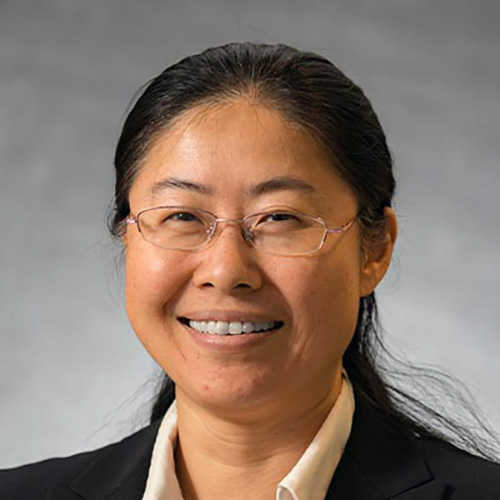
Gonzalez Family Professor, Electrical Engineering & Computer Science
Image processing, computer vision and machine learning, collaborative information processing in sensor networks
-

Associate Department Head & Professor, Electrical Engineering & Computer Science
Nanoelectric circuit design, memristors and memristive systems, emerging nanoelectronic computer architectures, hardware security and security implications of emerging computing systems, neuromorphic computing
-
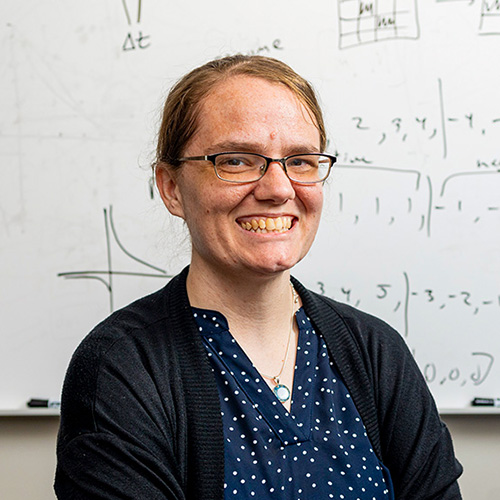
Assistant Professor, Electrical Engineering & Computer Science
Neuromorphic computing, smart transportation, smart infrastructure, autonomous vehicles
-
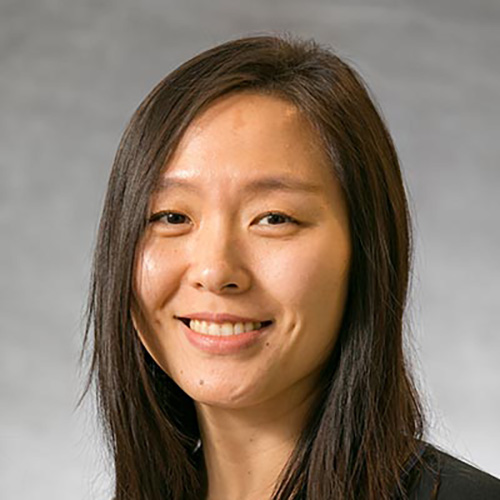
Professor, Electrical Engineering & Computer Science
Security and privacy in wired/wireless networks and critical application systems
-
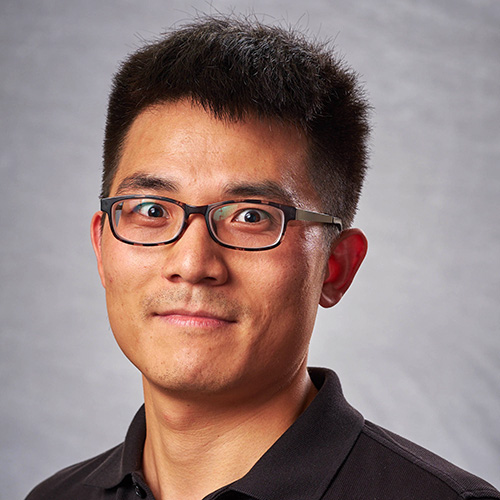
Assistant Professor, Mechanical, Aerospace & Biomedical Engineering
Optimal control; convex optimization; machine learning; guidance, navigation, and control; space systems; aerial vehicles; connected vehicles

